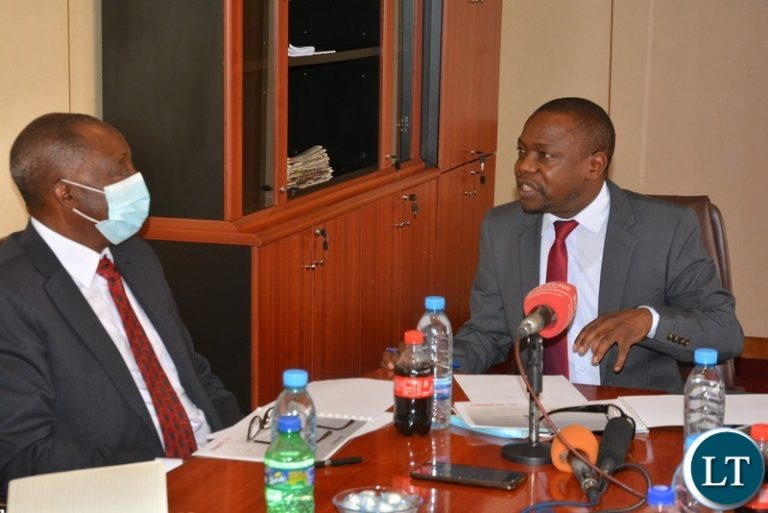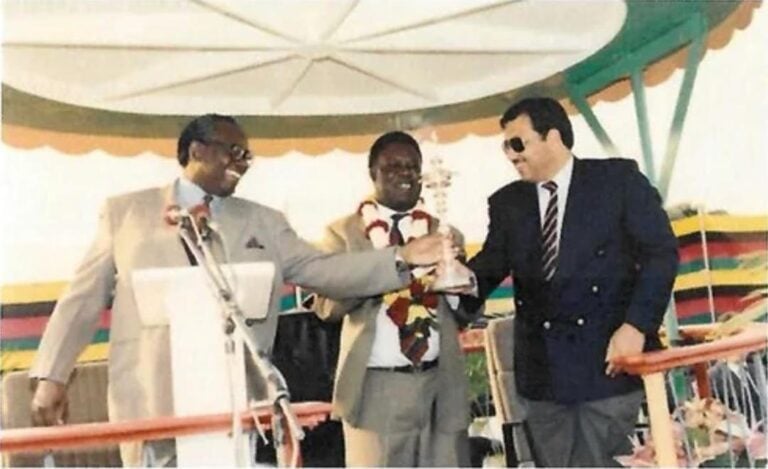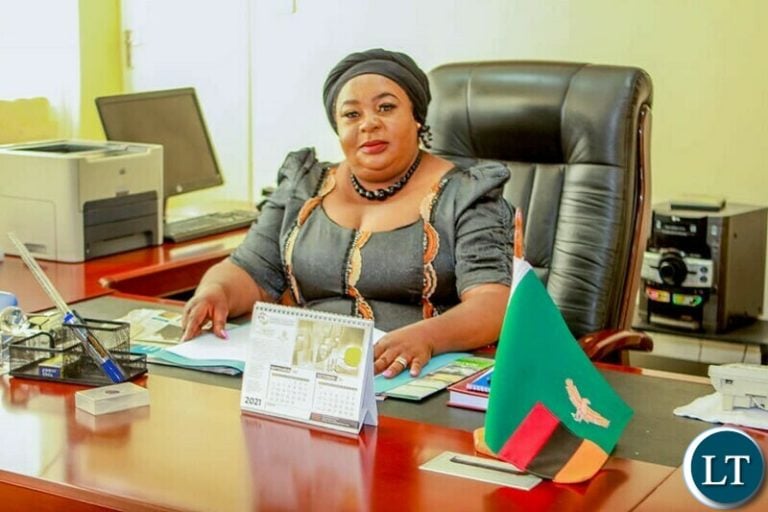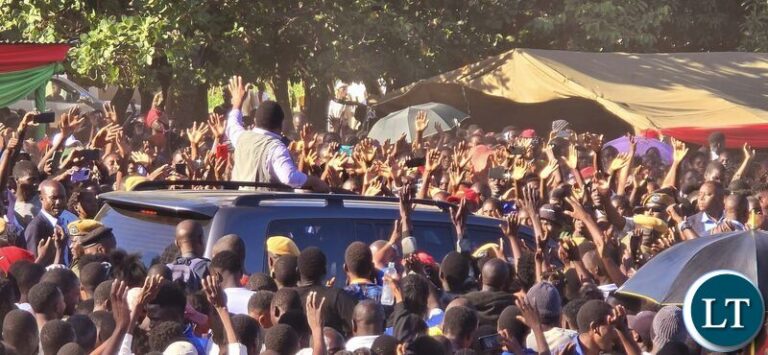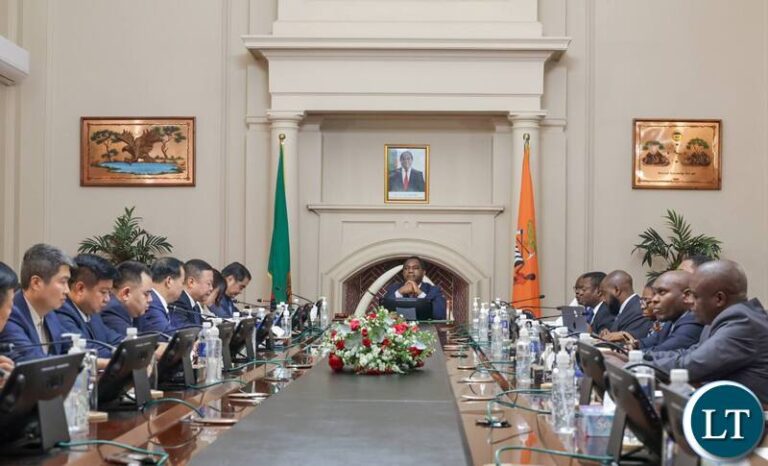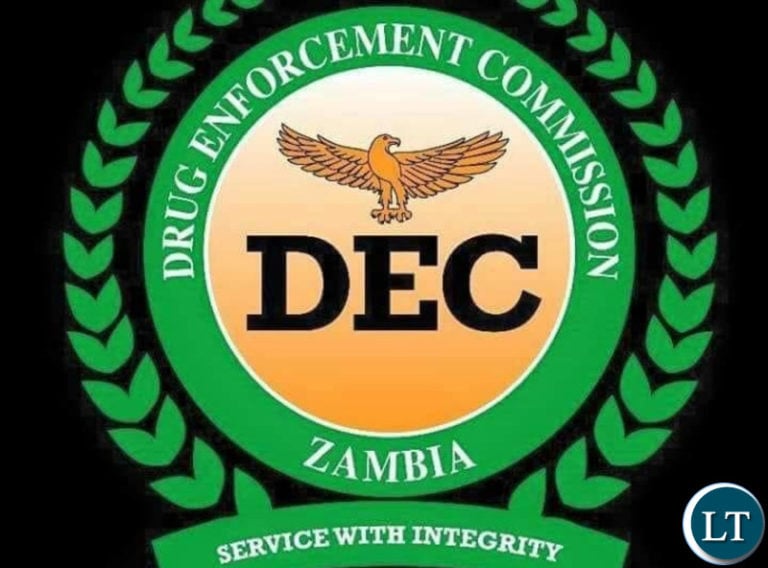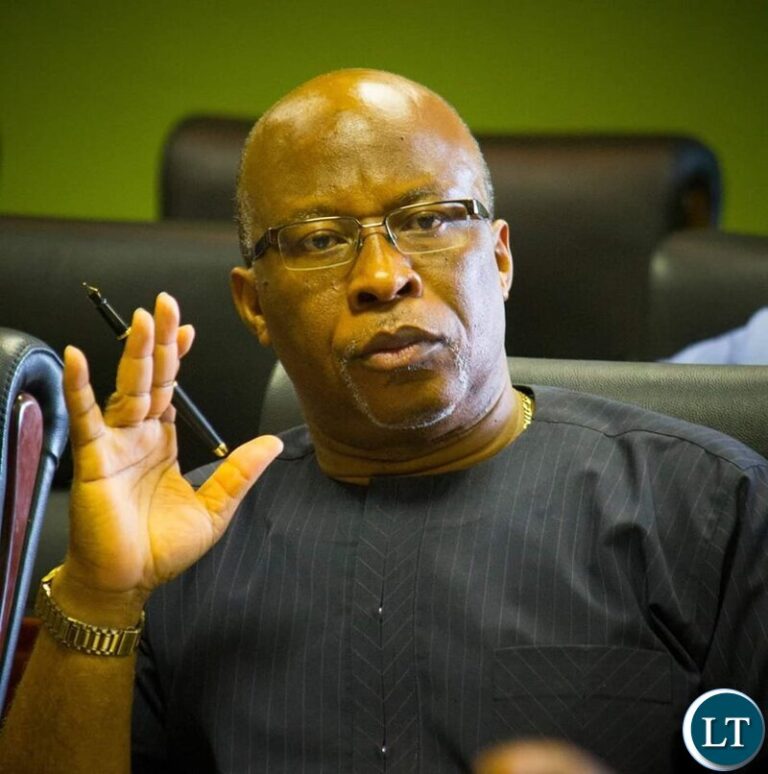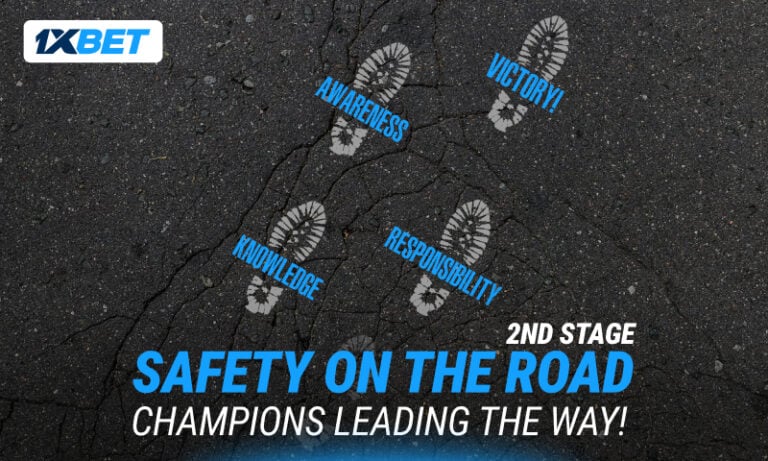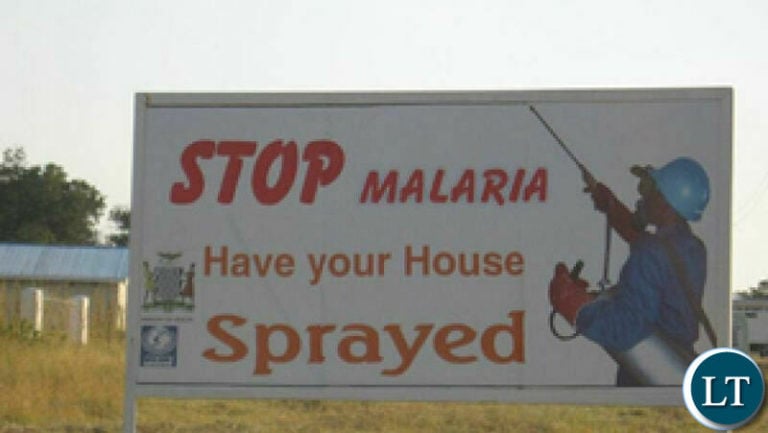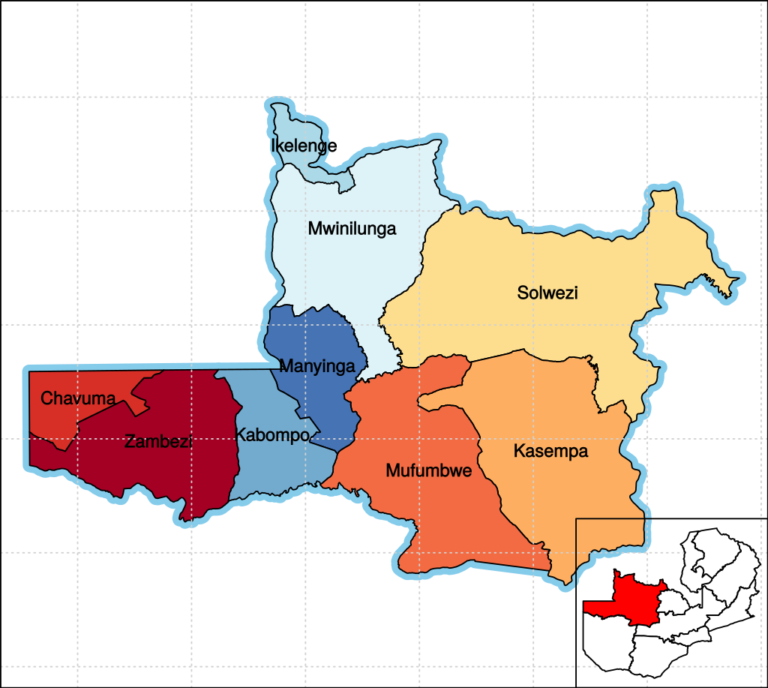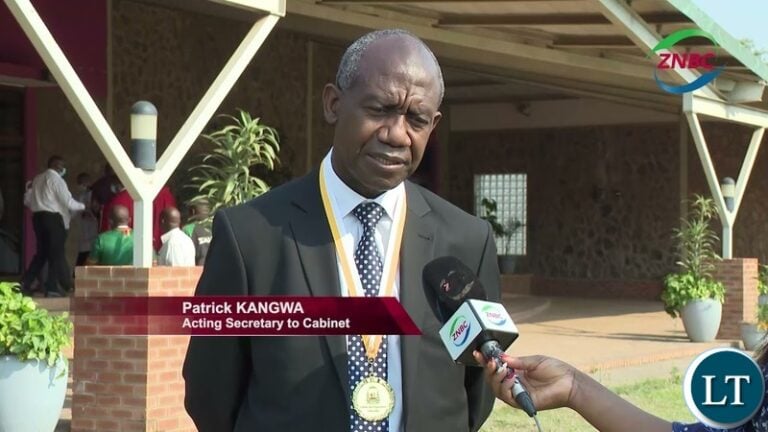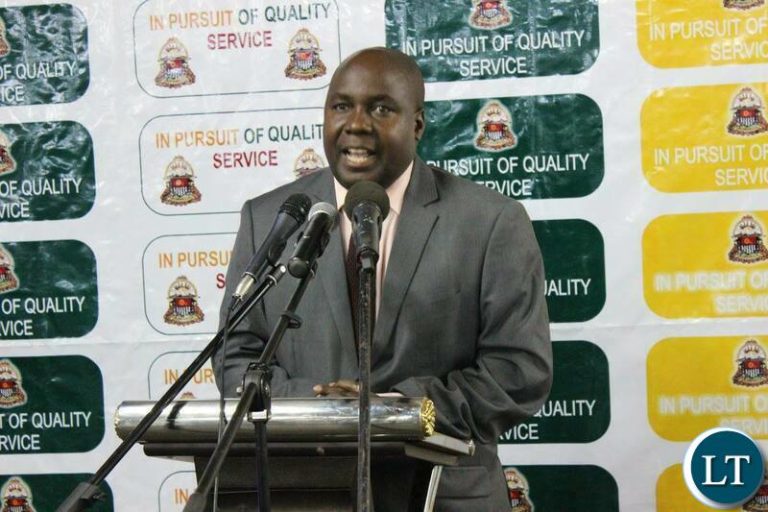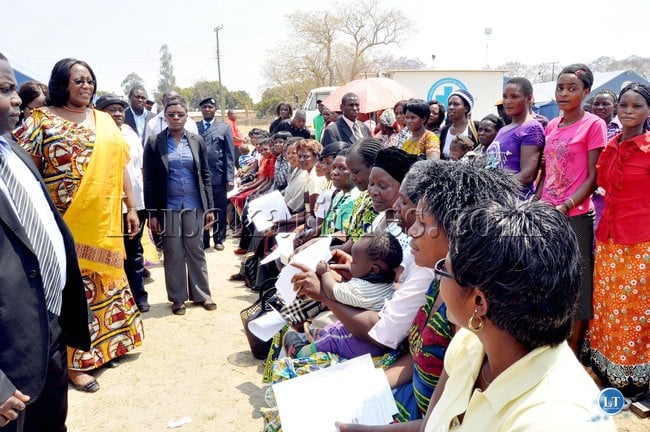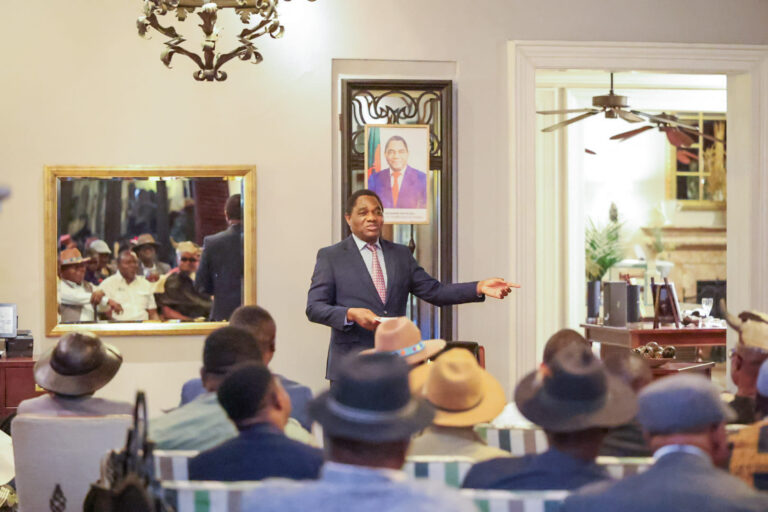“…as former Interpol Candidate, Nawa Mubita, is alleged by the Sadhu family to have issued a grudge Red Alert Notice against persons that thwarted his election bid, a matter the family links to a complaint filed from Libala Police Post in Lusaka…”
Dubai- August 27th, 2025
An Indian businessman with significant interest in Zambia has been detained in the United Arab Emirate, pending an extradition and deportation to Zambia.
Uddit Sadhu, a director in a company, Sun Pharmaceuticals, which is owed millions of dollars by the Zambian Government, was stopped and detained at Dubai International Airport when he was flying back home to India.
The Zambia Police in Zambia issued a Red Corner Notice for Uddit Sadhu’s arrest on 16th August 2025 following a complaint filed by John Kawadilu Kalenga and Mususu Mambo Kalenga on behalf of the estate of the John C.M Kalenga, at Libala Police Post.
Background:The Sun Pharmaceuticals Saga
Sun Pharmaceuticals won remarkable judgments in the High Court and Supreme Court over the debt owed to it by the Development Bank of Zambia(DBZ).
It’s a debt arising from overpayments made by the company to DBZ during the service of its development loan.
Following this win, the family of Mr. John Kalenga, the late businessman and politician made their first appearance on the matter in 2018 to stake a claim against payouts that were made to the company.
The Kalenga children challenged the ownership of the firm claiming that following the death of their father in 2003, Director and CEO, Vinod Sadhu, illegally changed the ownership of the company to himself, spouse and son.
This matter has however been extensively litigated and settled in courts of law re-affirming the ownership of the company to belong to the Sadhus.
The primary issue revolved around the ownership and control of Sun Pharmaceuticals Limited, a company registered in Zambia in 1964.
History of Sun Pharmaceuticals Zambia
Sun Pharmaceuticals in Zambia has a history tied to Frank and Hirsch (Northern Rhodesia) Limited, a company established in 1963 that was later renamed Sun Pharmaceuticals Ltd.
After its owners sold their interests to Mr. John Kalenga. The company’s trajectory shifted significantly in the 1990s when the Sadhu family invested in the business and, began constructing Zambia’s first disposable syringe factory in Ndola, a project that encountered financial and political challenges.
Vinod Sadhu of Indian origin, subsequently took over the project and the associated loan.
The Sadhu family was later affirmed as the rightful owners of Sun Pharmaceuticals Limited by the Supreme Court of Zambia in February 2020 after lengthy appeals by the Kalenga family.
In 2022, Vinod and his son Uddit were detained and abducted by persons that purported to be police officers.
The officers claimed that the two had engaged in fraud in changing legal ownership of the company and had wrongfully received pay-out amounting to $20million belonging to Sun Pharmaceuticals.
The Sadhus sued the police officers and a member of the UPND in the Lusaka High Court for abduction and illegal detention.
At the same time, the Zambia Police and Anti-Corruption Commission acted on a report by the Kalenga family.
The Sadhus were required to be in the country as investigations on the ownership complaint were laid and being investigated.
When court documents dating back to 1997 were shown to both the ACC and the Zambia Police, the Sadhus were cleared and allowed to travel.
The Kalengas reported the George Kunda law firm that handled the Sun Pharmaceuticals case to the Law Association of Zambia (LAZ) for fraud and unethical behaviour.
In July 2024, the LAZ Practioners’ Committee dismissed the complaint conclusing that the law firm was not in conflict and as demonstrated by various court judgement and rulings there was no nexus between the complainant and Sun Pharmaceuticals and that their father was a previous Director and bot a shaewhokder in Sun Pharmaceuticals.
The law firm also proceeded to sue the family Spokespersons, Gregory Chifire for repeated defamation against the law firm.
After their return to India while their lawyers pursued the outstanding compensation and pay-outs, a sinister fresh process was started that called for their arrest by the Zambia Police.
This came shortly after a strong report of their abduction and extortion was published in the United Kingdom that became critical in thwarting the election of Zambia’s, SADC and Afripol Candidate, Mubita Nawa to the Interpol.
He lost the election to VALDECY URQUIZA of Brazil.
It appears it’s this report and the impending pay-outs due to the Sadhus that has generated a grudge Interpol Red Alert report that has seen the detention and pending extradition of Uddit Sadhus to Zambia.
“Mr Mubita Nawa who is Police Commissioner and Director – Administration is being accused by the Sadhu family of being at the centre of this latest red alert against them.”
As at Monday 25th August 2025, an administrative deportation order had been issued for the repatriation of Uddit to Zambia even when the two countries have no signed treaty.
Brief Status of the Case
Allegations of fraud: The Kalenga family filed complaints with authorities, including the Anti-Corruption Commission, alleging the Sadhu family had fraudulently acquired their shares in the company.
The Kalengas also accused a law firm, George Kunda Legal Firm, of having a conflict of interest for representing Mr. Sadhu.
Court rulings:
The Sadhu family has consistently won in court. A series of rulings from Zambia’s High Court, Court of Appeal, and Supreme Court have upheld the Sadhu family as the rightful owners of Sun Pharmaceuticals.
The courts rejected the Kalengas’ various appeals, noting they did not exercise their right to join previous litigation.
Investigations and dismissals:
The Kalenga family’s allegations have been investigated and dismissed by multiple bodies.
The Anti-Corruption Commission closed the case twice due to lack of evidence of wrongdoing.
The Law Association of Zambia (LAZ) also cleared the George Kunda Legal Firm of any conflict of interest, stating there was no clear connection between the current Kalenga family complainants and the company.
Court order fulfillment: One of the complaints concerned the release of funds owed to Sun Pharmaceuticals.
Authorities explained these payments were made in accordance with court orders and were not illegal.
Kalenga family stance:
Despite the repeated legal losses, the Kalenga family has continued to seek government and Zambia Police intervention in the matter.
*Efforts to reach Mr. Mubita Nawa for comment were unsuccessful by press time.
email us:social-at-lusakatimes.com


